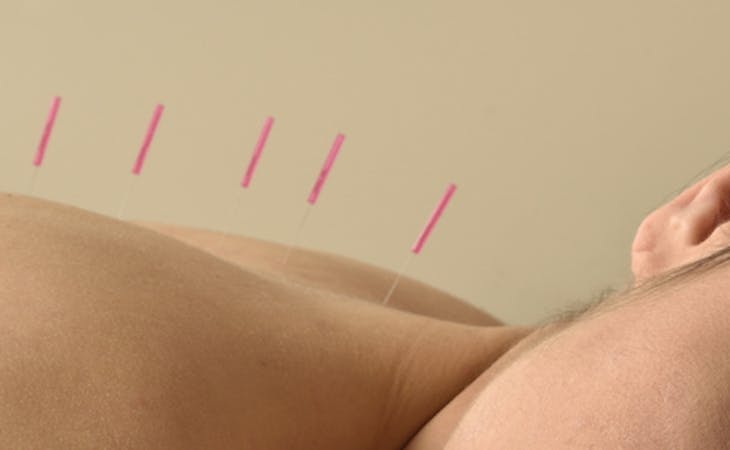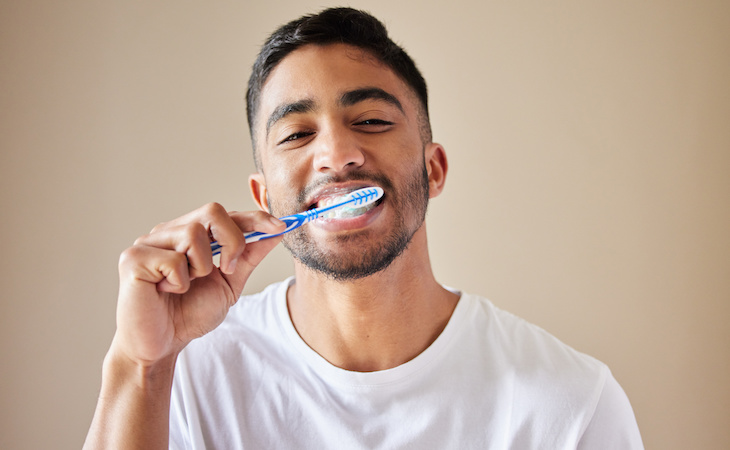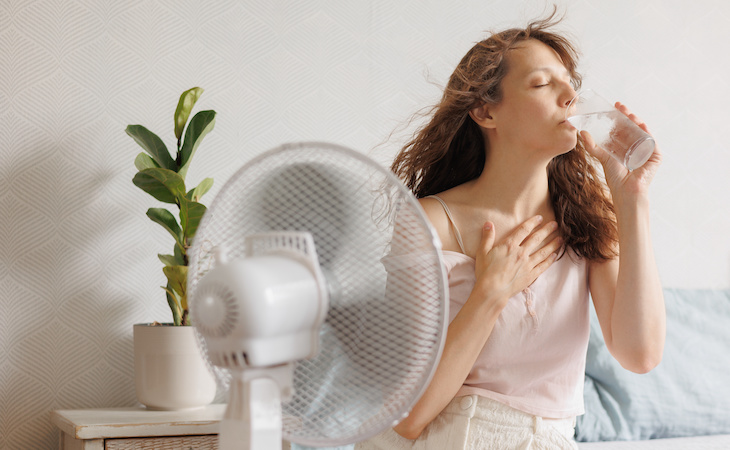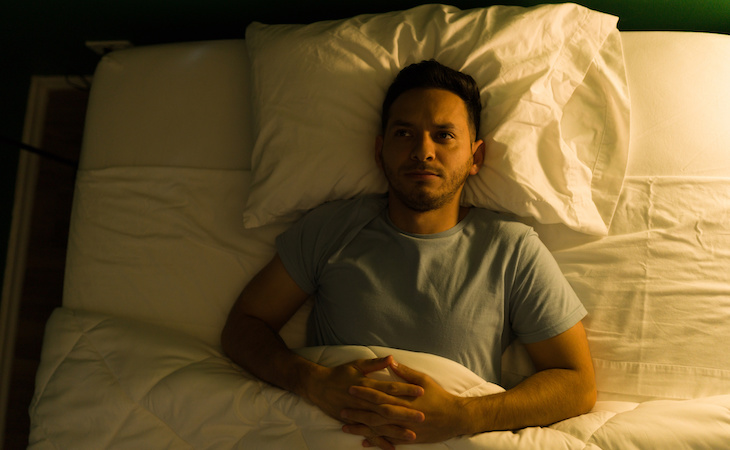Although there are a variety of medications available that can help with insomnia, more and more people are trying alternative approaches at the suggestion of their doctors.
Along with reflexology and red light therapy, acupuncture is another popular treatment that has the potential to help you sleep better. People typically associate acupuncture with pain relief and stress management, but it does have the capability to aid in sleep as well.
Read on to learn more about the connection between acupuncture and sleep and how it might help you.
How does acupuncture work?
Allyson Gracie, doctor of acupuncture and Chinese medicine and licensed acupuncturist in New York State, explains that acupuncture “is a holistic system of healthcare that is roughly 4,000 years old and developed originally in China.” She adds that the most well-known acupuncture system is called TCM, or Traditional Chinese Medicine.
If you’ve never had acupuncture before, you might be wondering how the process works.
Before starting, the practitioner will ask questions to determine the “pattern” or “root cause” of your condition, says Gracie. This guides the practitioner to the “meridians,” an invisible map of acupuncture channels and points that cover the body.
Then come the needles.
“A very fine, single-use sterile needle is inserted into each point to initiate the body’s own innate healing system,” says Gracie. “Bioscience describes acupuncture as stimulating the nerves of local tissues, which cause the release of neuropeptides, resulting in vasodilation, or extra blood flow.”
Gracie adds that the improved circulation internally can help push out toxins, aid in healing, and reduce pain and inflammation.
But do the needles hurt?
“The insertion of the needle is painless, although on occasion it may initiate a quick pinch,” says Gracie. She describes an acupuncture treatment as “soothing, grounding, restorative, and ultimately energizing,” adding that it has no side effects and is non-addictive.
Can acupuncture help insomnia?
Experts have begun to study a potential, and beneficial, tie between acupuncture and sleep.
For example, one 2012 study concluded that acupuncture can be an alternative treatment to taking zolpidem, a sedative used for insomnia.
A 2013 study, meanwhile, found that when certain points are focused on during an acupuncture session, sleeping quality can improve. There are also additional studies examining the benefits of acupuncture for insomnia in progress.
Gracie believes acupuncture can alleviate insomnia, but the course of action depends on the individual.
“A practitioner will question the patient to determine the pattern or root cause of the insomnia,” she says. “TCM considers the whole person and their lifestyle in order to provide the best treatment plan.”
Sometimes, says Gracie, it’s a simple fix to calm down the nervous system and increase the “yin,” or inward, feminine energy, of the body through nutrition, acupuncture, and a bedtime ritual.
Other times, says Gracie, the solution might be more involved and include reducing the “yang,” or excess heat, in the body—or what’s known as “deficient heat” associated with menopausal hot flashes or excessive intake of spicy foods, vaping, nicotine, narcotics, or alcohol. (Learn about the sleep and health benefits of cupping.)
What are the other health benefits of acupuncture?
Gracie says acupuncture provides an array of benefits, including restoring balance to the digestive tract, strengthening vital organs, building up the immune system, clearing brain fog, resolving allergies, and aiding in post-natal wellness.
It’s also effective in managing all sorts of pain, including sports injuries, trauma, migraines, hip pain, back pain, TMJ, and sinus pain. It can help physical ailments as well, like high blood pressure, diabetes, and PMS. It’s also used to manage stress, anxiety, depression, and grief.
By addressing these conditions, acupuncture could lead to better sleep.
“Better sleep follows improved nutrition, appropriate exercise, digestion, respiration, and stress management,” says Gracie.
How do you get started with acupuncture?
If tackling several health woes in a single acupuncture appointment sounds appealing, it’s important to do your homework to discover a practitioner with the right credentials.
An acupuncture practitioner must be licensed in the state in which they practice, holding the title “LAc,” or licensed acupuncturist, behind their name, says Gracie.
Most acupuncturists also have a master’s or doctoral degree, such as a “DACM” (doctor of acupuncture and Chinese medicine) or “DAOM” (doctor of acupuncture and Oriental medicine). But they should still have LAc behind their name to it make it clear they’re licensed, says Gracie.
You can also take an extra step by going to the National Certification Commission for Acupuncture and Oriental Medicine (NCCAOM) website, “the regulatory body responsible for designing mandatory board exams which have nationalized acupuncture and the making of and upholding of policy to benefit the public,” Gracie says. You can look up a practitioner by name and state.
But at the end of the day, “a known referral is always ideal,” says Gracie.
How often do you need to go to see results? It depends.
“Acute conditions can get amazing results immediately,” Gracie says. Chronic conditions, on the other hand, get better results with regular treatments.
“Fertility is often two to three times weekly for months,” says Gracie. “However, a migraine can dissolve in 20 minutes.”
The bottom line on using acupuncture for sleep issues or other health conditions: “People who receive acupuncture on a regular basis, at least one to two times monthly, often get the best results,” says Gracie.
Establishing a bedtime routine can also help you fall and stay asleep. Here are the best nighttime activities to help you relax.








